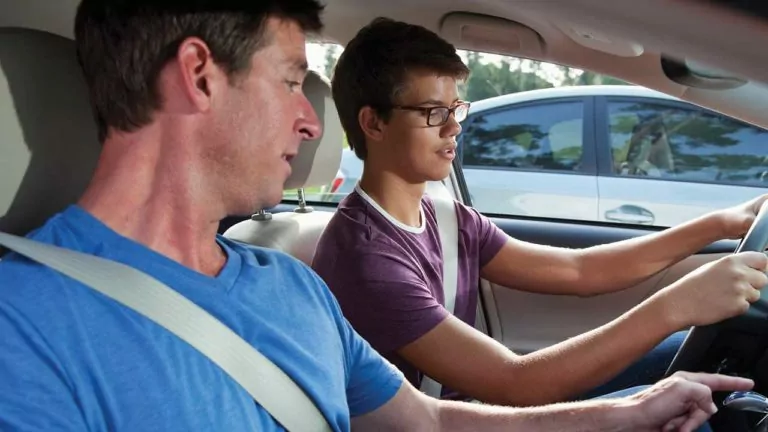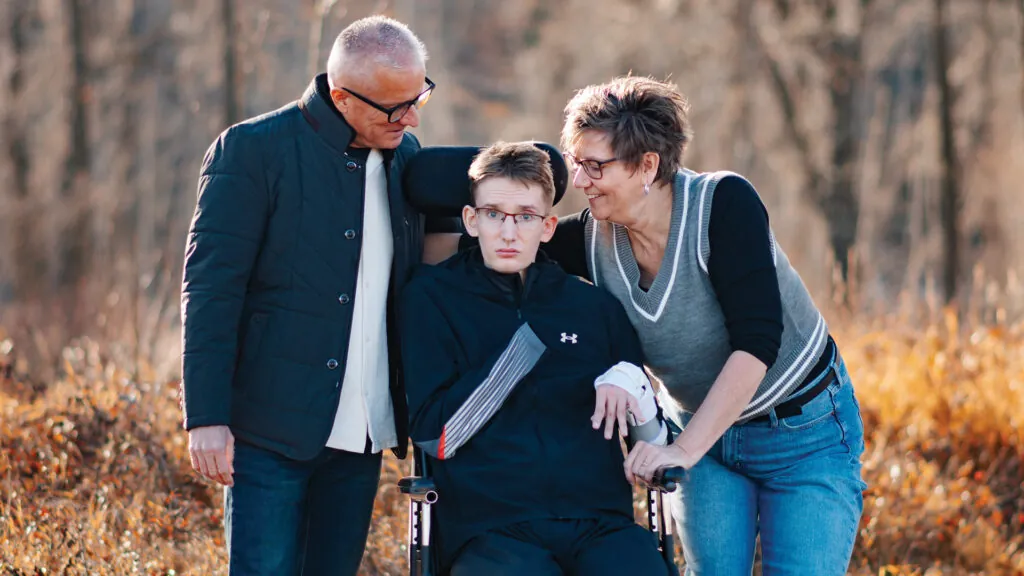Explaining why it’s evil to our non-Christians friends
*****
In recent weeks, I’ve come across what seems like a multitude of articles on the subject of pornography, especially articles focused on the fact that more and more teenagers and children are now viewing pornography on a regular basis. The latest piece to catch my eye came from Rod Dreher on The American Conservative website. At one point, Mr. Dreher writes a paragraph in which you can almost hear him weep in sorrow as you read it:
“This society has a death wish. I wish I had some idea how it could be saved. What concerns me most of all right now is the horrifying complicity of conservative, even conservative Christian, parents in the spiritual, moral, and emotional ruin of their children and of their moral ecology because they, the parents, are too damn afraid to say no, my kids will not have a smartphone, I don’t care what they and society think of me.”
I hope that readers will share his sorrow, and that it might induce parents who have perhaps been blasé to take a long, hard look at their situation and take whatever action they can to protect their children’s innocence.
The issue of pornography is a difficult one to even talk about, but we must. I want to consider the societal phenomenon, addressing what I believe is one major way we are being deceived, and how we can communicate the nature of that deception to our non-Christian friends and neighbors.
It’s not just a problem for children
I would assume that all Christians reading this know instinctively that pornography is wrong. At the same time, I am also aware that we can often fall into the world’s way of thinking on issues, and that this can mean that we accept its solutions to problems and fail to see the real issue. One of the ways we are doing this around pornography is increasingly seeing the major problem as being its spread to children, rather than pornography itself. Of course the spread to children is a massive problem, but it is not the problem.
Here’s an example: an article by Conor Friedersdorf in The Atlantic quotes one of the world’s biggest “porn stars” expressing concern that we’re not doing enough to stop pornography getting in front of children. Yet the same article states that “accessing hard core porn is (properly) legal.” This now seems to be the default position: pornography is fine for adults, but we just need to keep it from children.
Now it is of course true that pornography filtering down to children is a very great evil. Young minds are more susceptible to habit-forming from new stimuli in ways which adult minds are perhaps not. Nevertheless, if we concentrate all our efforts on simply stopping pornography getting into the hands of children, we miss the point completely. For the problem is not primarily that pornography is falling into the hands of children, but rather that as a society we have opened the floodgates to allow porn in and normalized it.
It is absurd to think that it is possible to normalize something like this, and for it not to filter down to children. Children, by their very nature, want to grow up to be adults, and they often want to do adult things before their time. So if we have largely normalized pornography amongst adults – and we have – then no amount of paywalls and banning of smartphones or anything else is going to make much difference. We have become a pornographic society, and children, who aspire to do what adults do, will generally find ways of getting their hands on it by hook or by crook (though of course responsible parents will take as much action as they can to prevent their children coming into contact with it).
Drugs? Or driving?
Look at it like this. There are two types of activity that adults seek to protect children from.
First, there are perfectly good activities that we want them to grow up into, but for which they need to come of age before we allow it. For instance, driving a car.
Then there are activities which are bad in and of themselves, and which we try to protect them from not just because they aren’t old enough to do them, but because we don’t ever want them to do them. Taking heroin would fall into this category.
So which category does porn fit into? Is it like driving? Or is it like heroin? Is it something a child should one day be able to do, only not just now? Or is it like heroin; something that no sane parent would ever want their children to get into, no matter how old? If our culture puts it in the same category as driving a car, something to be avoided as a child, but something that is perfectly normal once you turn a certain age, then it can be safely said that we have lost all moral compass and are quite sick. If, on the other hand, we see it in the same category as heroin, then at least we would be acknowledging it as a problem to be dealt with.
But why don’t we want kids seeing it?
Sadly, I would say that we have moved in the last ten years from treating it in the heroin category to the driving category. “We don’t want you to touch it now, but of course there will come a time when it becomes your right to consume as much of it as you like,” is essentially the message. And yet the schizophrenic nature of this is obvious when you think about why it is we don’t want children seeing it. Isn’t it because we know it pollutes their minds? Isn’t it because we instinctively know that it demeans and degrades them? Isn’t it because we are well aware that it will give them a terribly unhealthy and warped view of the opposite sex? Of course it is, but are we really naïve enough to think that it doesn’t have the same sorts of effects on adults?
But they’re adults, and we can’t stop their rights, can we? And, of course, if we did enact a law that bans it all, such a law at the point we currently find ourselves at would be as effective as King Canute commanding the sea to go back. What I am suggesting is that our culture urgently needs to stop looking at the main problem as being one of trying to prevent pornography falling into the hands of children. That is only byproduct of the much larger problem society needs to acknowledge: the normalization of pornography among adults.
Rob Slane is the author of “A Christian and Unbeliever Discuss: Life, the Universe and Everything.” A version of this article first appeared on SamaritanMinistries.org and is reprinted here with the author’s permission.











